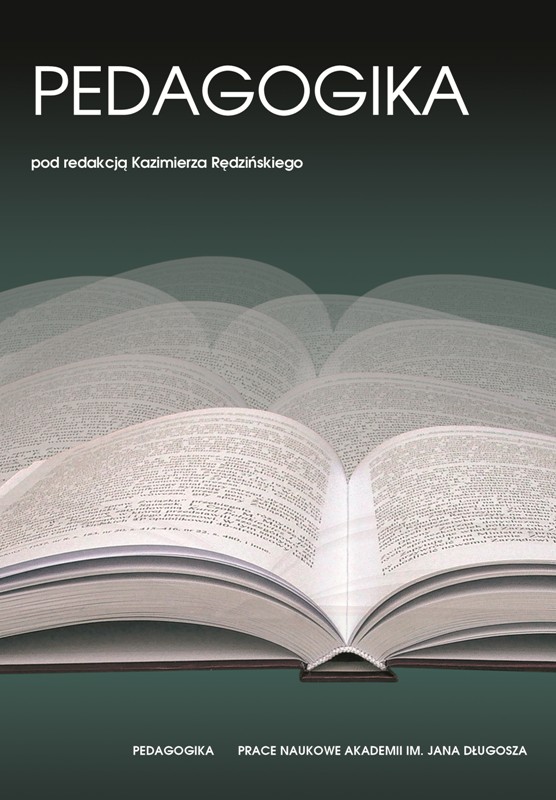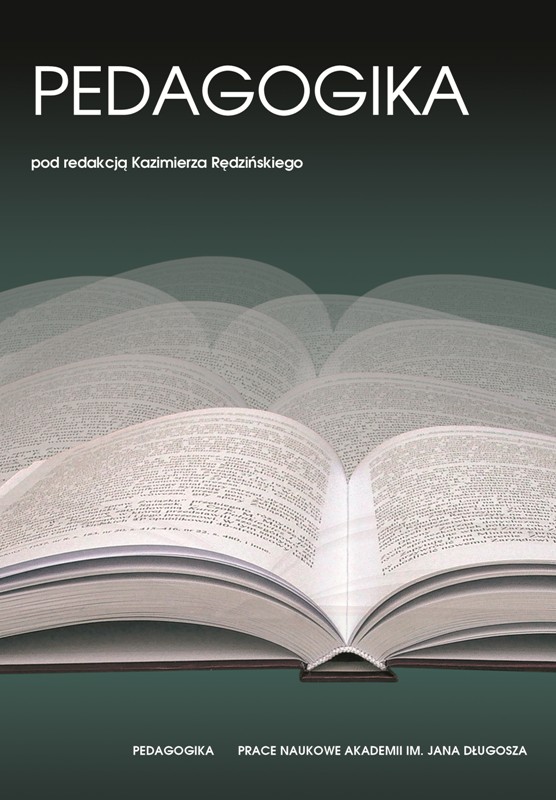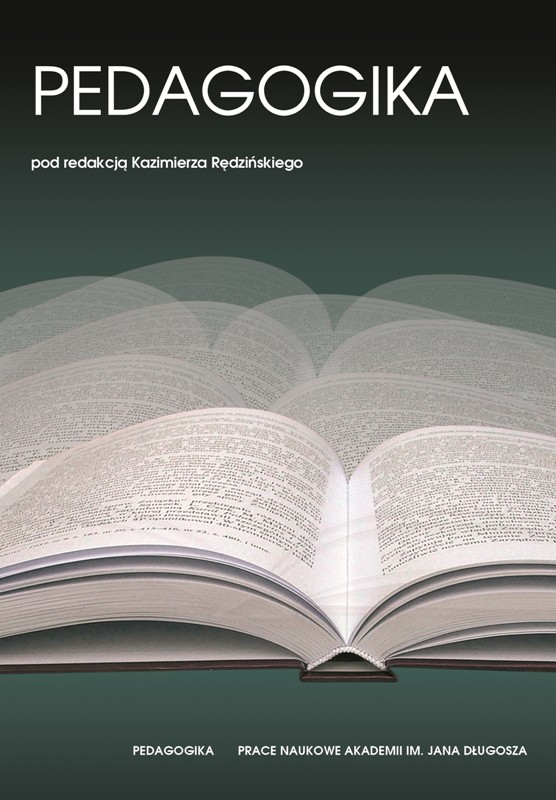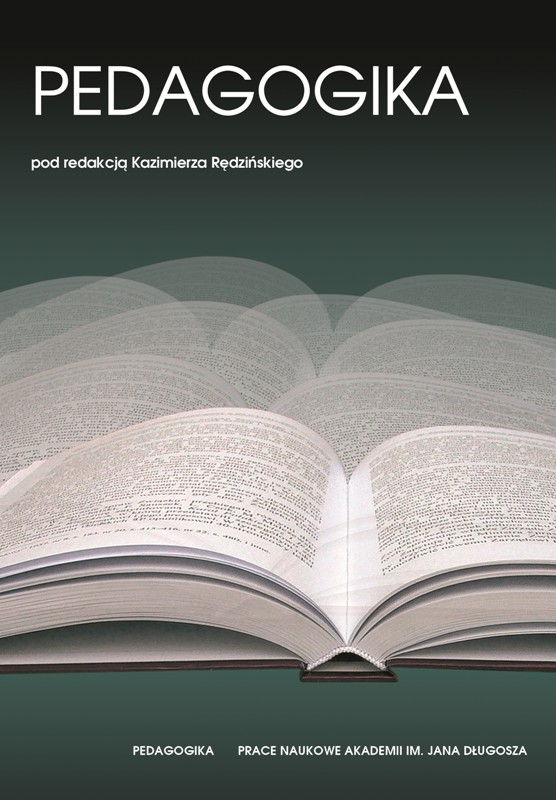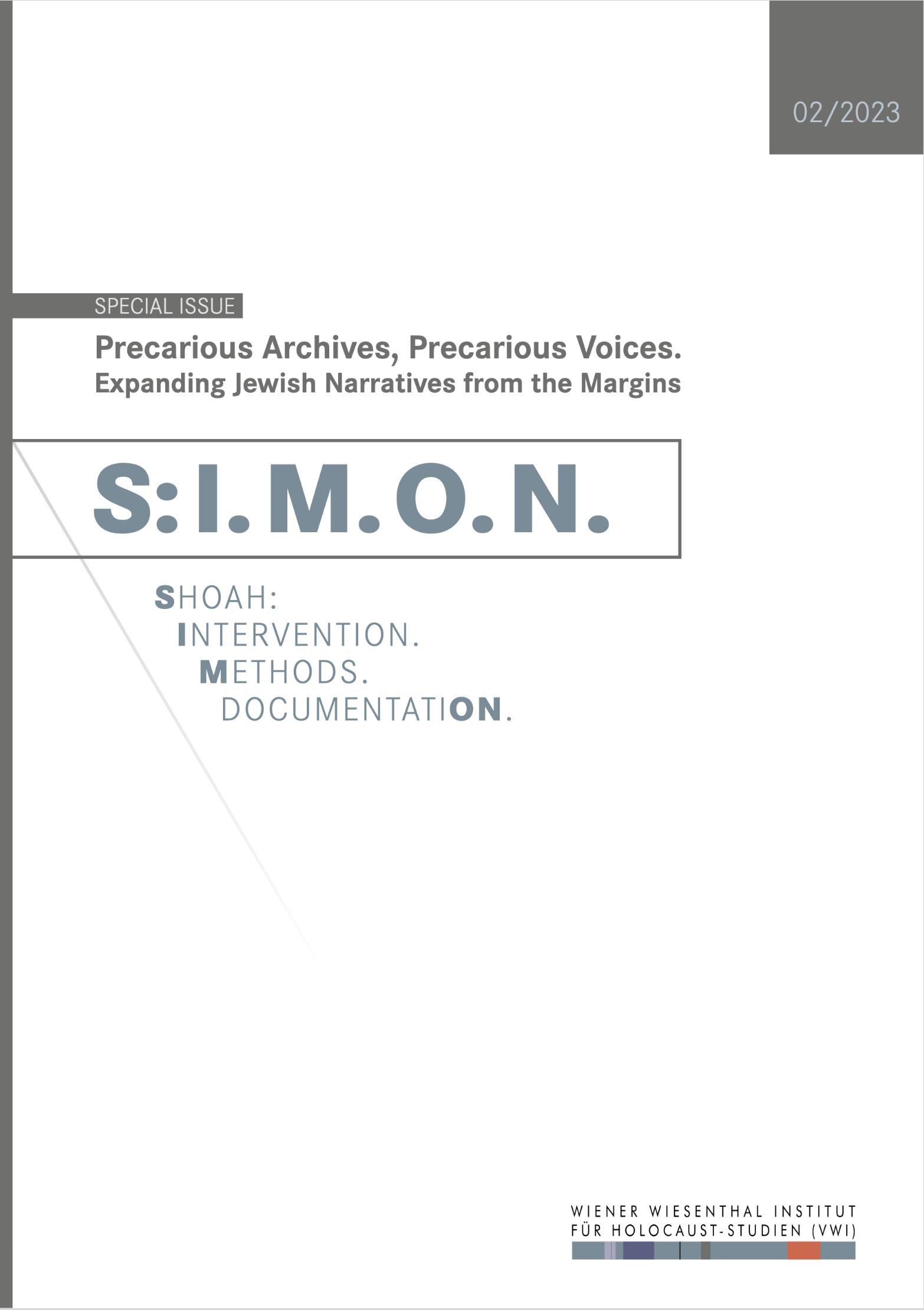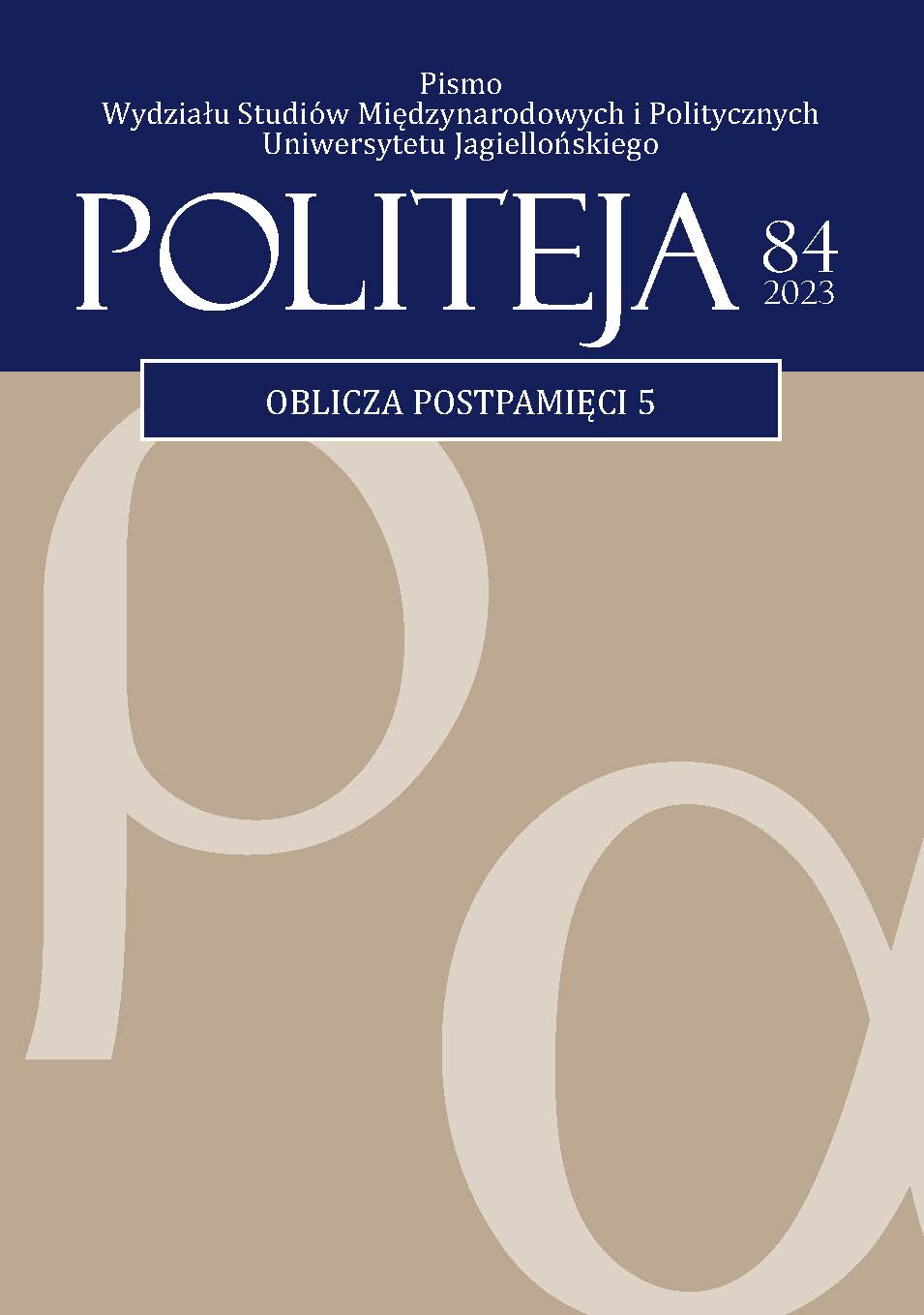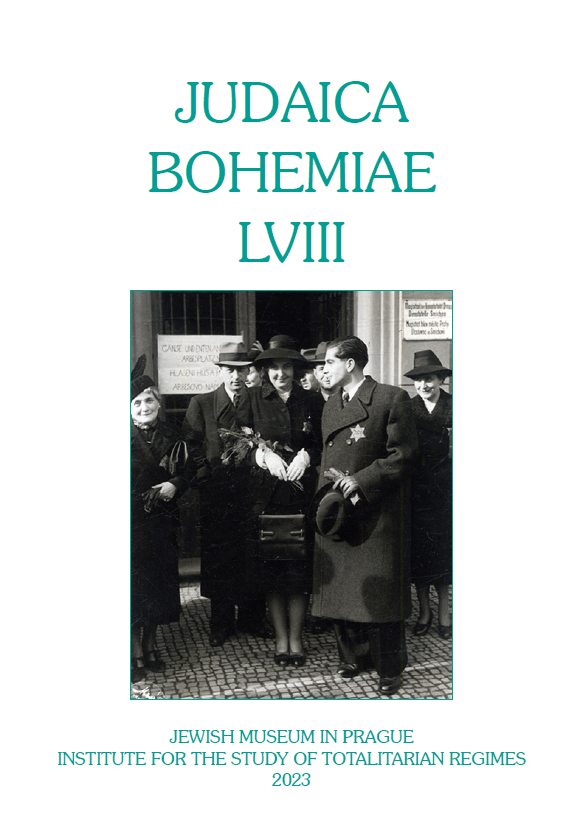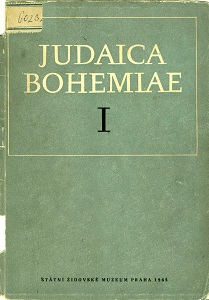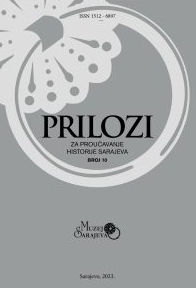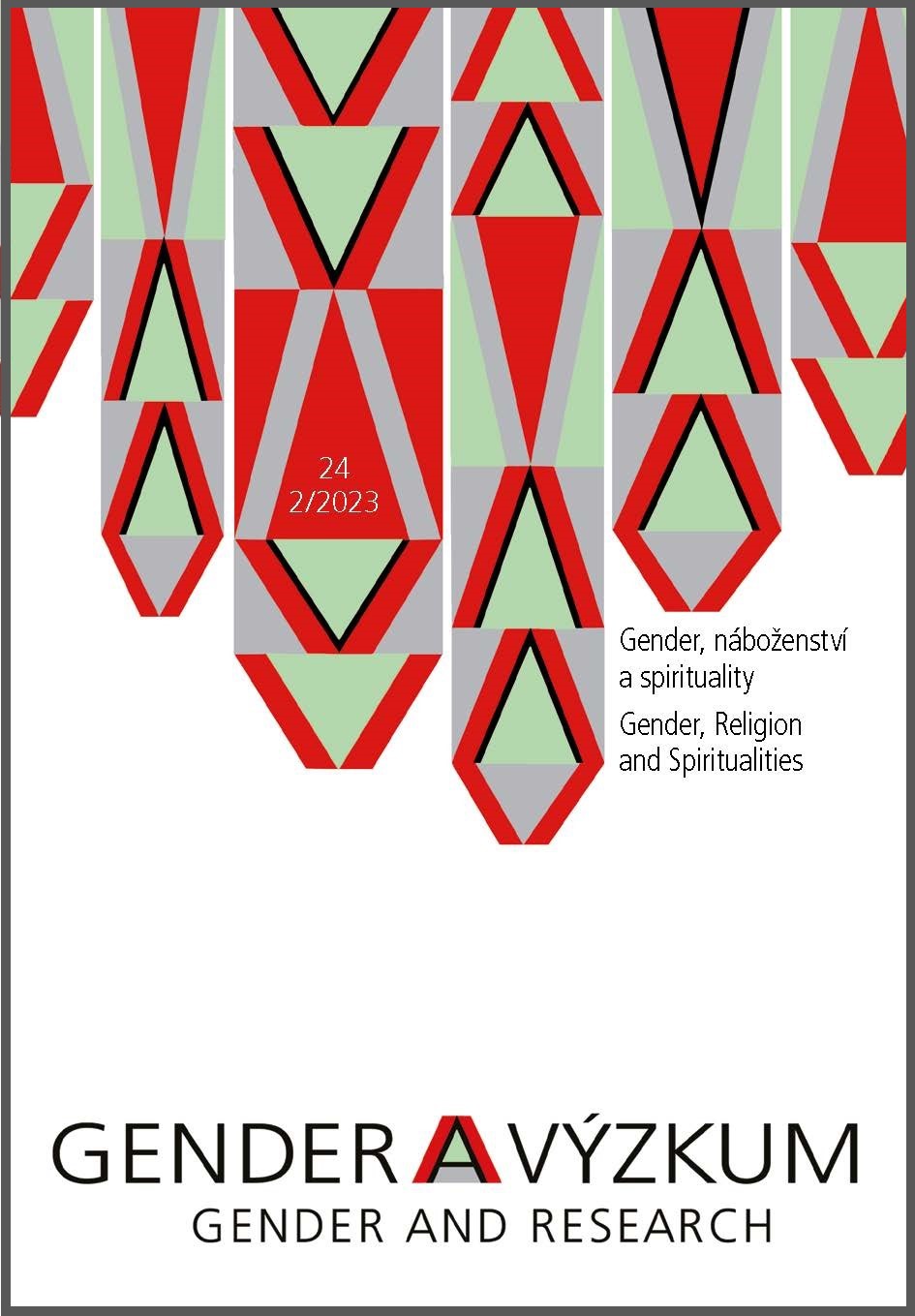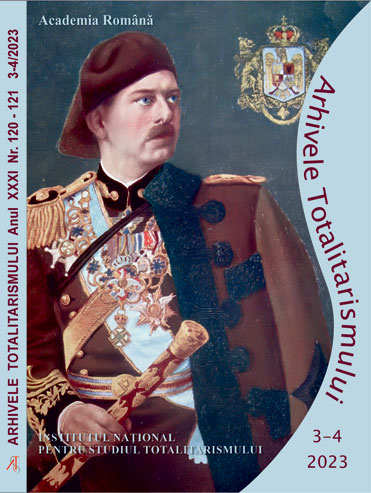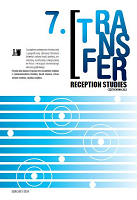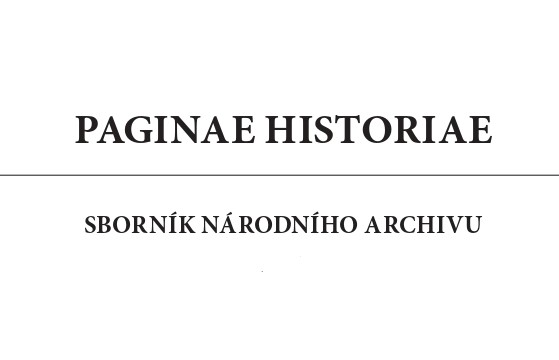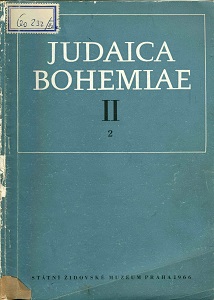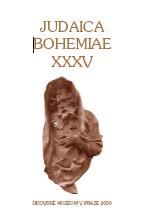
Ein Beitrag zur Kenntnis der Judensiedlungen in Böhmen in den Jahren 1650 und 1674 (Ergänzungen zur gleichnamigen Studie von J. Hráský)
Studiert man die Geschichte der Juden in Böhmen und Mähren, begegnet man recht häufig behördlichen Anstrengungen, die Größe von deren Gesamtpopulation zu ermitteln und eine Evidenz der jüdischen Gemeinden sowie einzeln lebender Familien vorzunehmen. Vollständiger sind solche Judenverzeichnisse aus dem 18. und frühen 19. Jahrhundert erhalten),”einschließlich der Pläne von Judengassen und -häusern)’ sowie der ältesten Matrikelbände jüdischer Gemeinden.)’ Auf einen unmittelbaren Zusammenhang zwischen der Entstehung solcher Verzeichnisse und den Bestrebungen, die Zahl der in Böhmen niedergelassenen Juden zu drücken, hat bereits J. Prokeš)’ in seiner Arbeit über behördlichen Antisemitismus verwiesen; den einzelnen Erfassungsaktionen hat sich später J. Hráský)’ gewidmet, der die Umstände ihres Zustandekommens eingehender beschrieben und editorisch den Konskriptionstorso aus den Jahren 1650 und 1674 zugänglich gemacht hat, der in den Handakten der Böhmischen Kammer und der Statthalterei für Böhmen hinterlegt ist.).
More...
